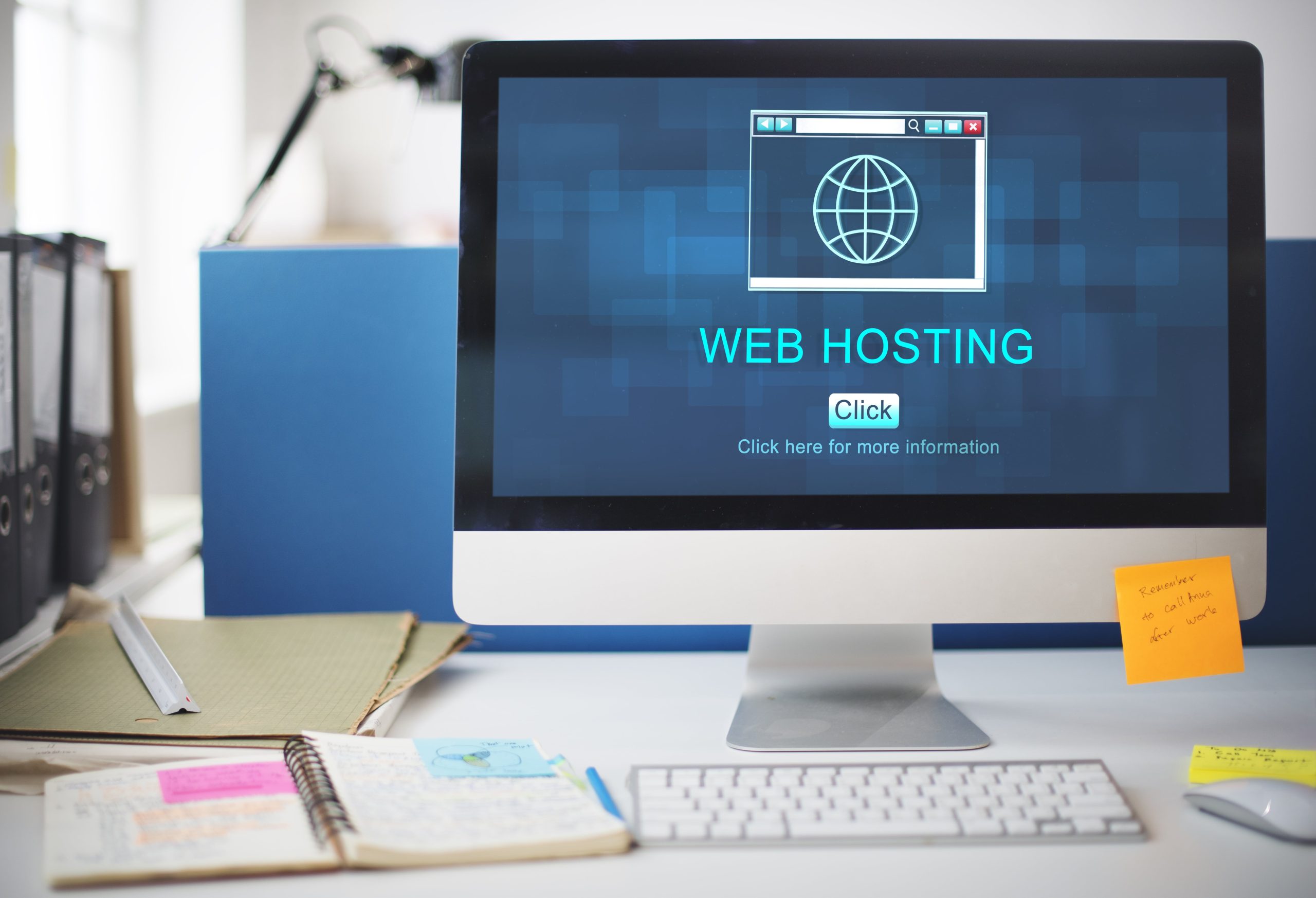If you are fairly new to owning a website, you may have seen a lot of terms that you wonder about. Terms like: web hosting, domains, DNS, nameservers, plugins, CMS, CDN, and more.
If you’re trying to successfully run your business by applying your expertise in your industry, as well as serve your customers the best experiences possible, the last thing you want to be doing is looking up information and technical jargon in an attempt to fix technical issues on your website. At CommonPlaces, we offer hosting and site maintenance plans for our valued clients’ websites – so you can do what you do best.
For those who love being in the know, however, I will break down a few of the most common hosting and maintenance terms for you.
What is Web Hosting?
When an agency or company offers hosting services, they are offering to store, serve, and maintain the files and code for your website or portal. They allocate space and resources on their server so that your site is visible and available to the public. When we talk about hosting your site, we’re essentially talking about leasing a virtual “storefront” so users can visit your website and interact with your company.
Let’s use a restaurant as a real-world example. The restaurant building itself contains tables, chairs, a kitchen, bathrooms, and possibly an event space (your website). In order for this building to function and be accessible to the public, you will need to put it on a plot of land that provides the resources to be able to run the building, electricity, plumbing, overall acreage, etc (the server). The cost to rent out the land will be determined by how much space and amenities you require (hosting services). You could choose to place your restaurant on land you already own, but this can present its own set of challenges.
The great thing about working with a hosting provider is that they provide server support and security for your website just like a dependable landlord would for your leased space. If the server where your site is hosted goes down (these things happen, but not too often, thankfully) the website hosting service will work quickly to get your site online again. They also provide security to help avoid malicious activity like site hacks.
Let’s Talk Domains
A domain is your internet address, plain and simple. Similar to the way your restaurant has an address so customers can find it, your website has a virtual address for users to find your business on the web.
How to get a domain varies a bit, but the two main options are:
- You can purchase your domain directly through a domain name registrar like domain.com, GoDaddy, Bluehost, Namecheap, or any number of providers, and make sure to renew it (and update your settings annually), or
- You can purchase it from the company that manages your website.
It does not matter from a sheer technical perspective who owns or manages your domain, but you will want to be sure that whoever manages your domain keeps it on an annual renewal schedule and ensures all settings are adjusted properly to show your website at your domain URL at all times.
How Website Maintenance Differs from Hosting
Hosting services provide the ability for visitors to come to and see your site, Website Maintenance ensures that all of your code is up to date and secure. You can host your site with your hosting provider of choice, but if you are not properly maintaining your site, issues are going to follow. Basic maintenance activity usually involves CMS updates; plugin, extension, and module updates; scheduling backups; server updates; and security updates.
So, just like that restaurant again – if you let everything get dirty and rundown, your customers will be grossed out. If you run out of food – how will you properly serve your customers? Your website is the same idea. Regular maintenance ensures your business can stay open and operational without any major disruptions.
Are you thinking about taking care of this yourself? Patches and updates for most Content Management Systems, such as Drupal, WordPress, Magento, Laravel, etc., and their respective modules, plugins, and extensions are released on a frequent basis. You’ll need to make sure that your CMS version, theme, plugins, and all code updates are kept current, so your site remains secure and operates properly over the long term, which can prove a headache when you’ve got a business to run. We have seen it time and time again where even the most seasoned DIY’ers get behind because there is a business to run – this is when DIY becomes quite the load.
Your Website, Professionally Hosted & Maintained
We know that managing and hosting your own website is a huge job, and can even cause frustration when you have a business to run. CommonPlaces makes it a priority to stay up-to-date on the latest security protocols and up-to-date technology and how they impact our customers’ websites and portals. That’s why we highly recommend a full-service plan for hosting, maintenance, and ongoing support.
I hope I have been able to provide you a better understanding of what’s needed to keep your site running smoothly, but if you find that you’re becoming overwhelmed by your website management, reach out to us, and let’s talk about a solution that is right for you and your business.



